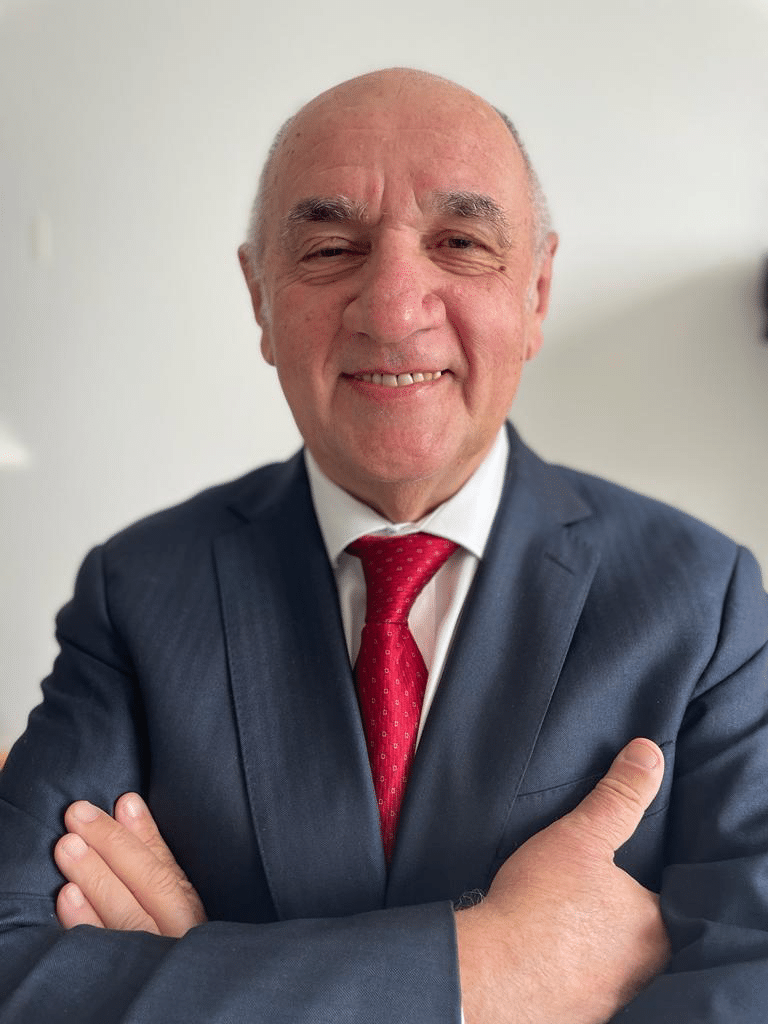THE CASE OF HAITI: TIREDNESS OR ABANDONMENT OF THE INTERNATIONAL COMMUNITY?
Photo by: Freepik
THE CASE OF HAITI: TIREDNESS OR ABANDONMENT OF THE INTERNATIONAL COMMUNITY?
By Ricardo Israel
On July 7, 2021, President Juvenal Moise was assassinated in his home. Haitians and Colombian hitmen participated in this crime. Yet, seven months later, we are still seeing little progress in the investigation. All we know is that drug traffickers may have ordered the assassination.
Media outlets are no longer reporting on this episode. The international community has lost interest in the case except for the neighboring Dominican Republic, mainly because it shares with Haiti the Caribbean Island of Hispaniola.
The question is whether there is tiredness or abandonment.
This is not the first time Haiti is being abandoned. Early in the twentieth century, the United States occupied Haiti to restore order after the country’s president was assassinated. In 2004 the U.S intervened again to evacuate the troubled Haitian president Jean Bertrand Aristide. Then again, in 2010 Haiti became news after a devastating earthquake.
Diplomats and military personnel from countries such as Chile and Brazil were posted in Haiti as part of a peacekeeping force after 2004 and later also participating in rescue activities in the aftermath of the 2010 earthquake. Chilean presence in Haiti lasted 13 years. However, after that Chilean media, political community and civil society at large forgot Haiti.
Historically, Haiti and Chile had little relationship. However, this link generated a relationship between both peoples. The 2017 census registered 180,000 Haitian immigrants living in Chile.
Foreign intervention in Haitian affairs did not help the country develop solid national institutions or a stable legal system.
I believe we cannot speak of a “failed” State when the proper level of state development has not been reached. If political and economic institutions are not properly developed, elections may not be sufficient to secure a lasting and stable democracy.
The International community has scored few successes and several failures.
Nor non-governmental organizations (NGOs) and international foundations that have had a strong presence after the earthquakes have fared any better. Likewise, foreign aid generated corruption.
Significant amounts of money destined to Haiti and other Third World countries never reach their recipients. Foundations and NGOs have been criticized for lack of transparency.
There is no question that Haiti’s failure is the Haitian leadership’s responsibility. However, there is a mentality in the international community that has failed as well. For example, the belief
in the idea that a military occupation can generate a market economy and a political democracy, as if countries such as Haiti were Germany or Japan.
I am not trying to absolve Haitians themselves from responsibility. However, the First World needs to reconsider its policies towards countries such as Haiti. As Einstein said, you cannot always do the same and expect different results.
The first thing to understand is that Haitian state has simply not developed enough capabilities. Military occupations and NGOs cannot be a substitute for a solid state. It seems more reasonable to build stability through strengthening local governments that have strong ties to local populations rather than maintain a centralized presidential system with virtually no connection to the population.
Secondly, it is essential to take a serious look at the phenomenon of organized transnational crime and how this undermines the functioning of the state.
Finally, and very importantly, the international community should look at Haiti as a relevant laboratory to understand what could happen to poor countries as a result if some of climate change in terms of migration and prolonged collapse of state services.
There is no doubt that multitudes are likely to request climate asylum at the borders of the developed world. And while it is only partially an explanation for Haiti’s problems today, it can provide the rest of the world with lessons on how to prepare for similar scenarios.
About the Author

Ricardo Israel
AUTOR AND CONTRIBUTOR
Ricardo Israel, Ph.D,, is a political scientists and a lawyer. He is also a former Chilean presidential candidate
Related Articles
For Sake of Iranian People, Foreign Intervention Justified
As with many contemporary challenges, the case for foreign intervention in Iran has a clear precedent: NATO’s intervention in the former Yugoslavia against the regime of Slobodan Milošević.
Gaza’s Genocide Inversion: Setting the Record Straight
This video refutes the dire and growing accusation circulating globally—one that seeks to delegitimize Zionism, demonize Israel, and implicitly provoke hostility toward Jews both inside and outside the borders of the Jewish state–that Israel is committing genocide against Palestinians.
The Prospects for a Democratic Transition in Venezuela
The first phase focuses on oil. Owing to sanctions, much of Venezuela’s oil production is effectively frozen. Under this plan, American companies would help rehabilitate oil production and facilitate sales, while profits would be managed in a way intended to benefit the Venezuelan population rather than fuel corruption or sustain the regime.

The Center is a gathering of scholars, experts and community stakeholders, that engage in research and dialogue in an effort to create practical policy recommendations and solutions to current local, national, and international challenges.
EXPLORE THE CENTER
FOCUS AREAS
©2025 The Palm Beach Center for Democracy and Policy Research. All Rights Reserved
